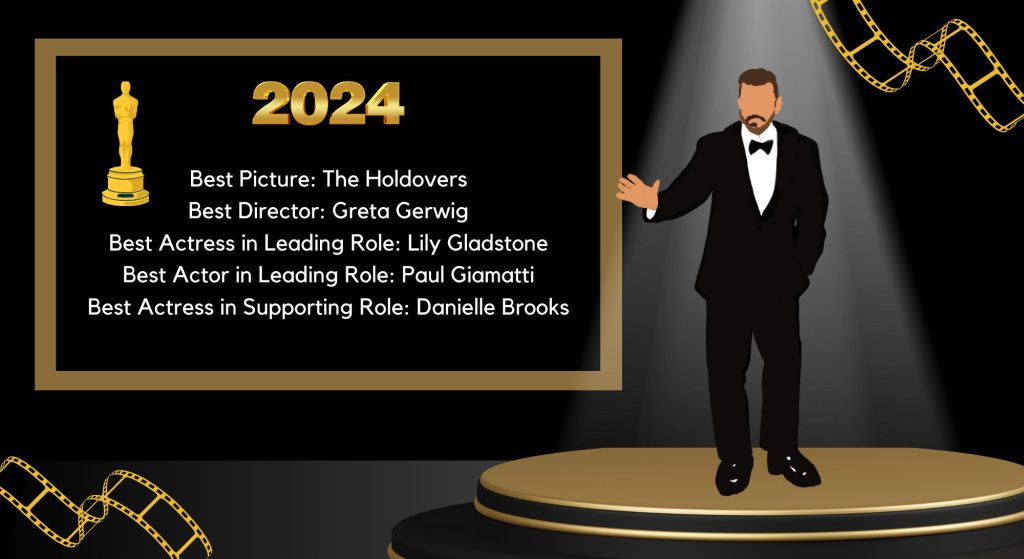It’s awards season in Hollywood again, and the biggest awards show in the world is just around the corner — the Academy Awards, better known as the Oscars.
I enjoy the show, but I have never been really impressed with the voting method.
I realize an Oscar is the most prestigious award an actor/actress, director, composer, screenwriter and technical department can receive, but why is it that a gifted actor like Leonardo DiCaprio can be nominated five times and not win an award? He finally did win best actor for his role in The Revenant, but still, what is it about the Oscars voting process that causes this sort of thing?
Clearly, the Academy Award process for nominating and voting on winners is not done through popular vote like other awards shows such as the People’s Choice or MTV Movie and TV Awards.
Winners of the “golden bucket of popcorn” on MTV are voted for by the fans. That’s right, you and me. In this case it is not unlikely for a film like “Star Wars: The Force Awakens” to win the MTV award for “Best Picture”— which it did. The fact I get to have a part in whether or not “Star Wars: The Last Jedi” gets the MTV award for best picture this year is exciting to me.
The extensive and complicated process of voting for the Academy Awards is not very exciting and is actually exclusive to members of the academy. Therefore, I get no say. Here is how the process works:
There are 6,000 members of the Academy, and they are responsible for casting votes within their respective categories. Actors vote for actors, directors for directors and so on. Best picture is a little different because it has 10 nomination spots instead of only five.
Here is where the process gets a little complicated: after all the ballots are received by Pricewaterhouse Coopers — the accounting firm that tallies the votes — they are divided up among employees and counted by hand at an undisclosed location.
The first thing the counters do is find who received the least number of votes, then decide on a magic number plus one based on the person who got the largest number of votes. Hypothetically, if Emma Stone has 1,000 votes, then that number is divided by six (the number of nominee slots plus one). That would make the magic number 165 (rounded up) in this scenario. I found this formula on Mental Floss in an article titled “How Are Oscar Nominees Chosen?” by Sean Hutchinson, though in his article he uses Ryan Gosling as an example and the numbers are different.
The votes are counted based on voters first choice, then second and so on. The person to reach the magic number first fills the first spot. In this example, Emma Stone would fill the first spot pretty quickly. Her remaining votes are redistributed and the process continues until all five spots are filled.
Only after all the nomination spots are filled is a winner chosen. This process is simpler because the whole Academy gets one vote per category. The person with the most votes in a category is the winner.
This means it is possible for Emma Stone to not win best actress even though she had the most number of votes to begin with. Basically, the ones with the biggest piles get to be nominees and then whoever the entire academy votes for is the winner.
It’s like taking all the votes for Prom Queen and King, ranking the nominees, then saying “Here are your top five choices; now vote.”
I much prefer the method the MTV Movie and TV Awards uses,which is: “Here are your choices for best picture. Vote for your favorite.” In my mind, that is a far more simple way of deciding on a winner.
With that said, I do still enjoy watching the Oscars because it is interesting to see what movies and actors/actresses the Academy of Motion Picture Arts and Sciences deem worthy of the golden statue we call Oscar.
The 90th Oscars will air on ABC March 4. Is anyone else hoping “Star Wars: The Last Jedi” wins best picture? Let’s watch and find out.




